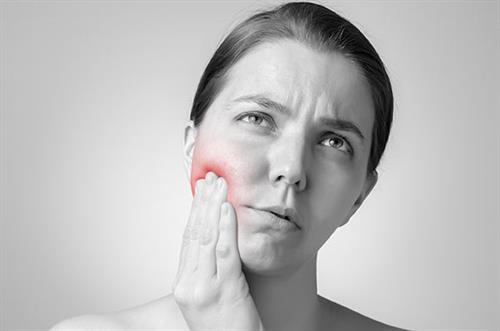Did you know the cause behind loose teeth is often periodontal disease? We have seen many patients lose their teeth due to periodontal infections, and, after periodontal treatments, they were able to restore their smile with dental implants.
What is Periodontal Disease?
Periodontal disease is an infection that infects the space between your teeth and your gums. The good news is that brushing teeth twice a day with a soft toothbrush and flossing daily, together with 6 monthly visits to your dentist significantly reduces the chances of developing periodontal disease which can otherwise develop slowly and painlessly and therefore be undetected.
Periodontal disease causes the breakdown of the tissues that support your teeth and the longer it is undetected and neglected, the more damage it causes and can ultimately lead to the loss of teeth as the teeth no longer have any support.
Gingivitis, which is an infection of the gums only, is often the first symptom of periodontal disease. You may notice your gums become red and swollen or bleed when you brush or them. It may not be painful but if you ignore these symptoms, the bacteria can spread and attack the tooth root and connective tissues, then becoming periodontal disease. Consider these gum symptoms a red flag and make an appointment with your dentist!
Regular brushing will reduce bacteria on your teeth (plaque) but plaque that is not removed becomes hard like concrete and is known as calculus. However hard you may brush, you cannot remove this; it requires professional removal by a dentist or dental hygienist.

Periodontal disease does not cause pain and is often neglected.
What is pocketing?
When affected by periodontal disease, a space, or pocket, forms between the teeth and gums. A space of 1-3mm is considered healthy but any more than 3mm is cause for concern as this can allow food, and therefore bacteria, to accumulate and spread to other areas of the mouth. As the pockets deepen, your teeth can become loose and, in extreme cases, extraction may be necessary to halt the spread of the disease in order to reduce the chances of jawbone deterioration.
At every dental hygiene and check-up appointment, ideally every six months, your dentist or hygienist will check and measure areas of pocketing with an instrument called a periodontal probe and this is why these appointments are so important. Early detection and treatment can avoid much more discomfort and costly dentistry.
If you are concerned about your gum health, or are currently experiencing any symptoms mentioned above, it is time to take action! Call us today for a comprehensive examination and ensure you don’t leave it too late!

